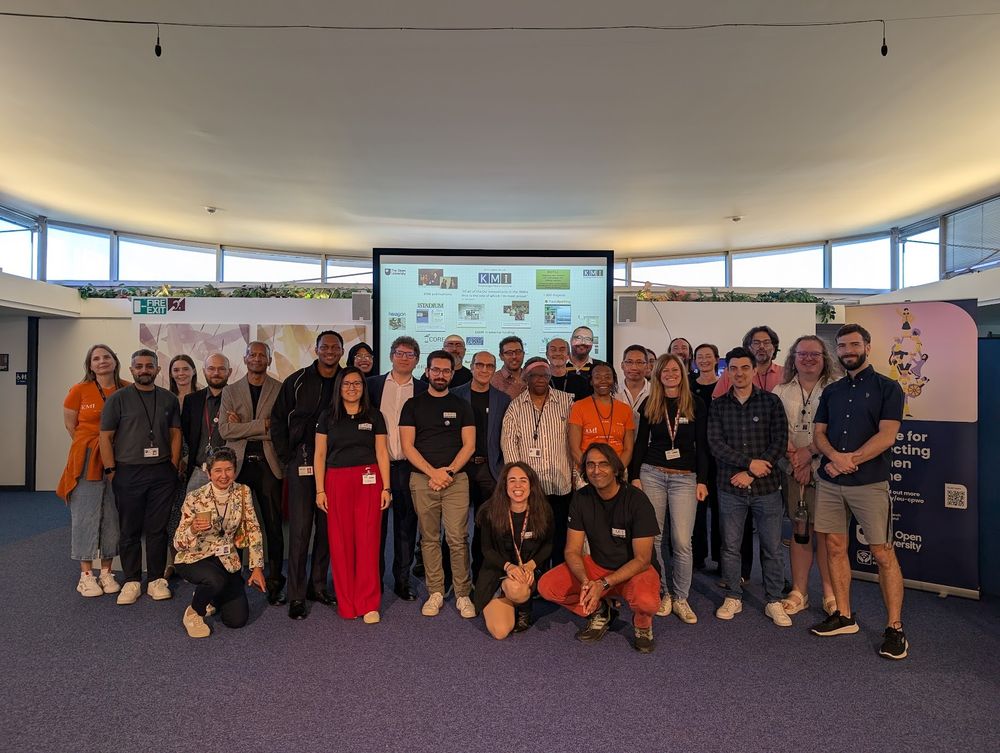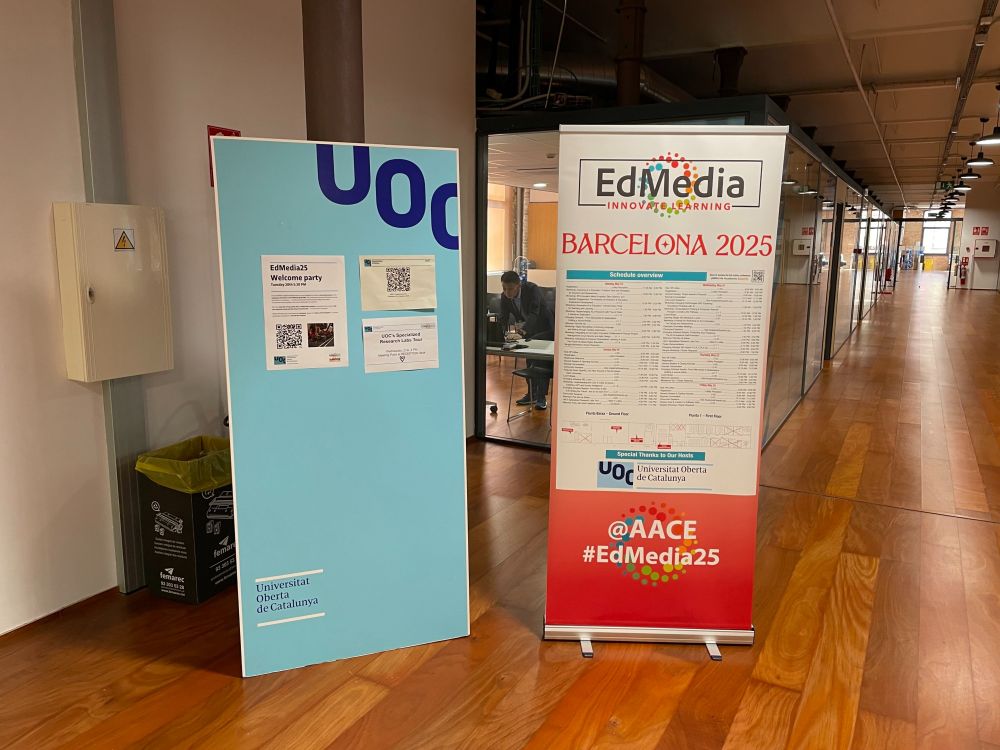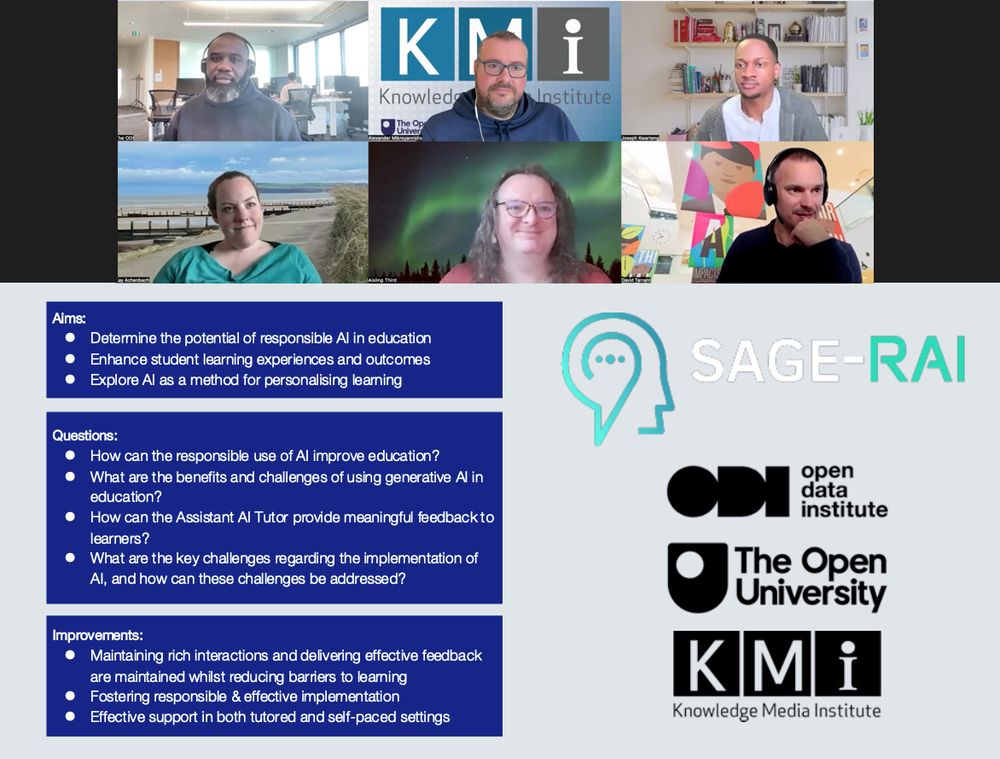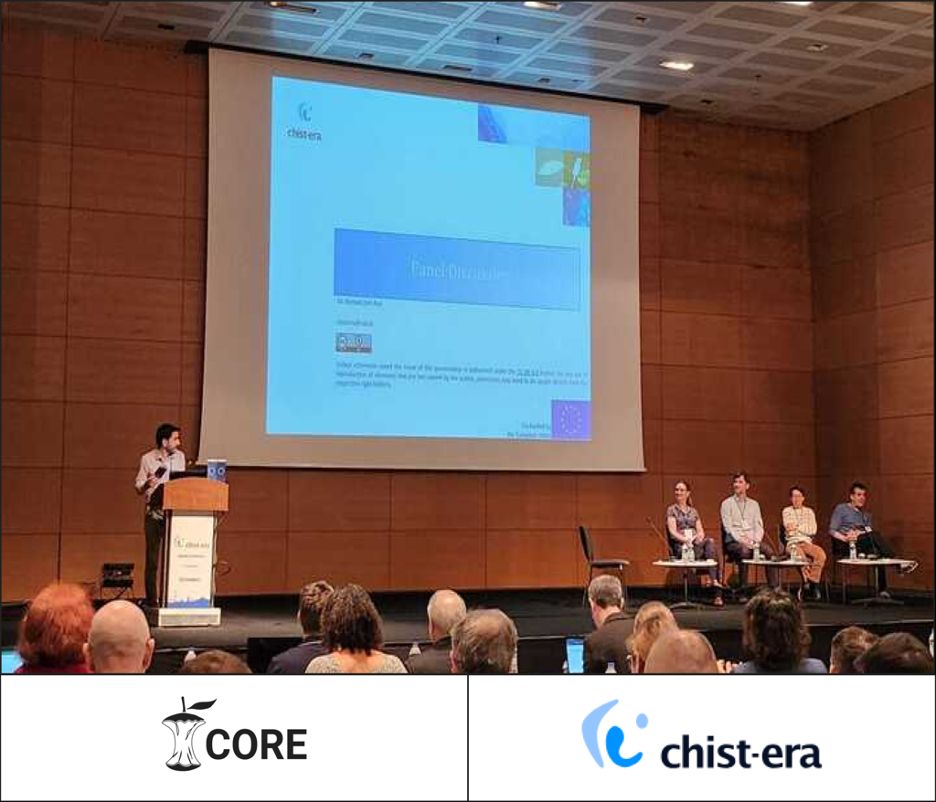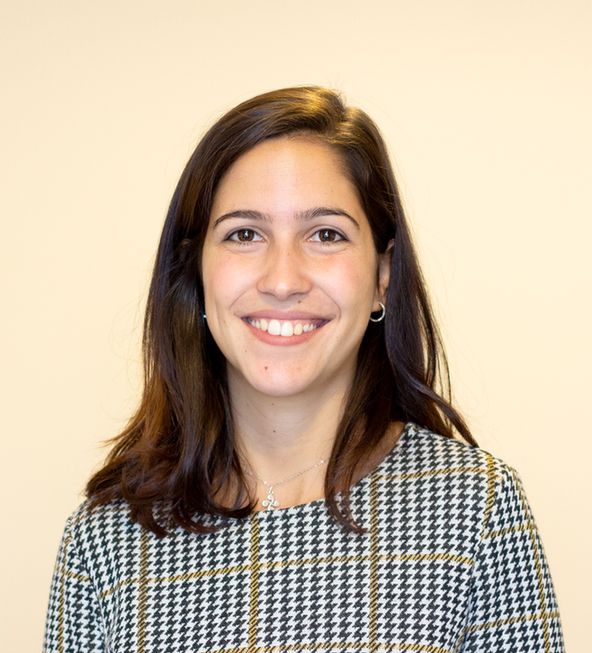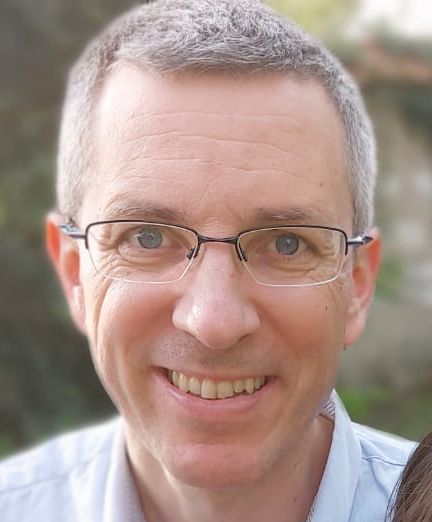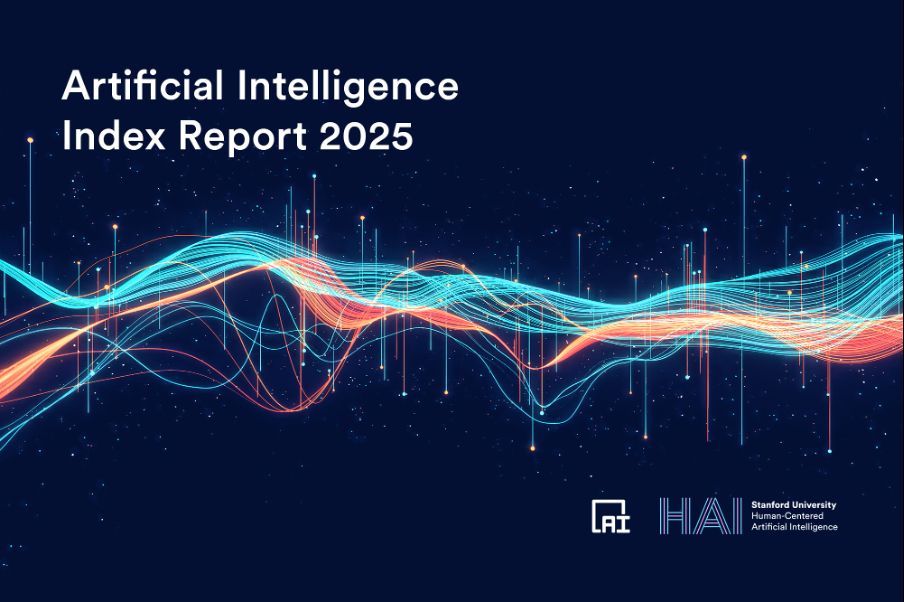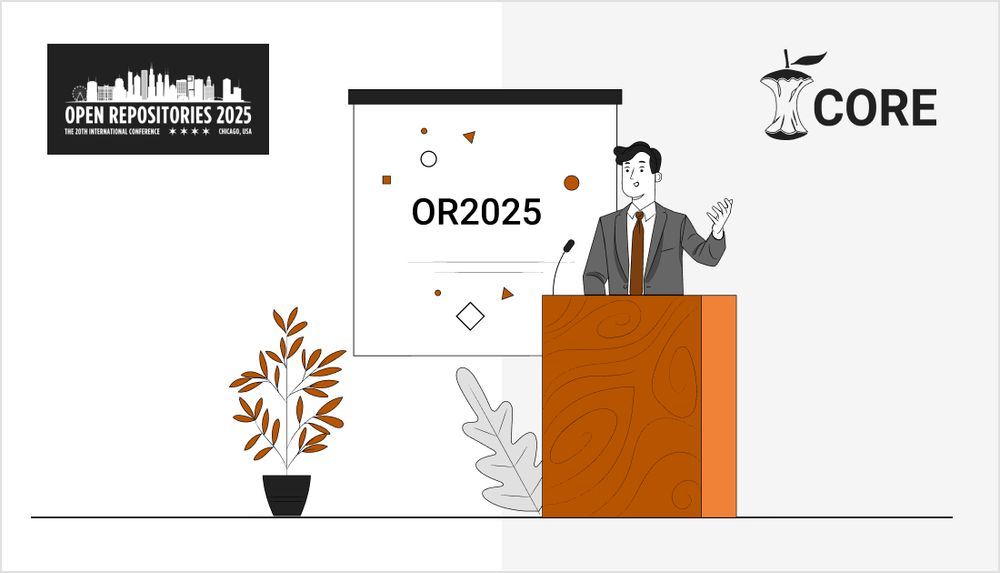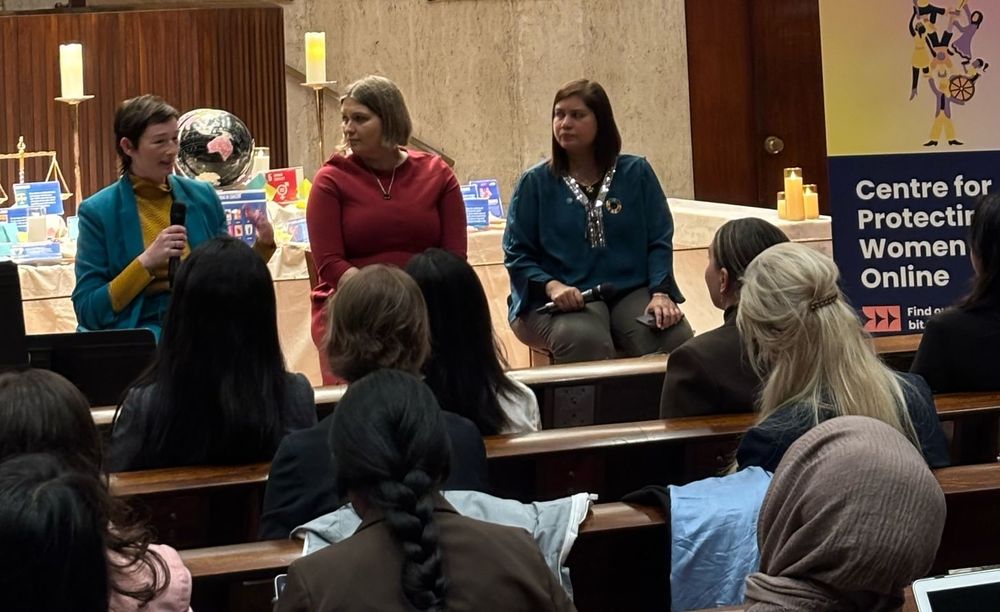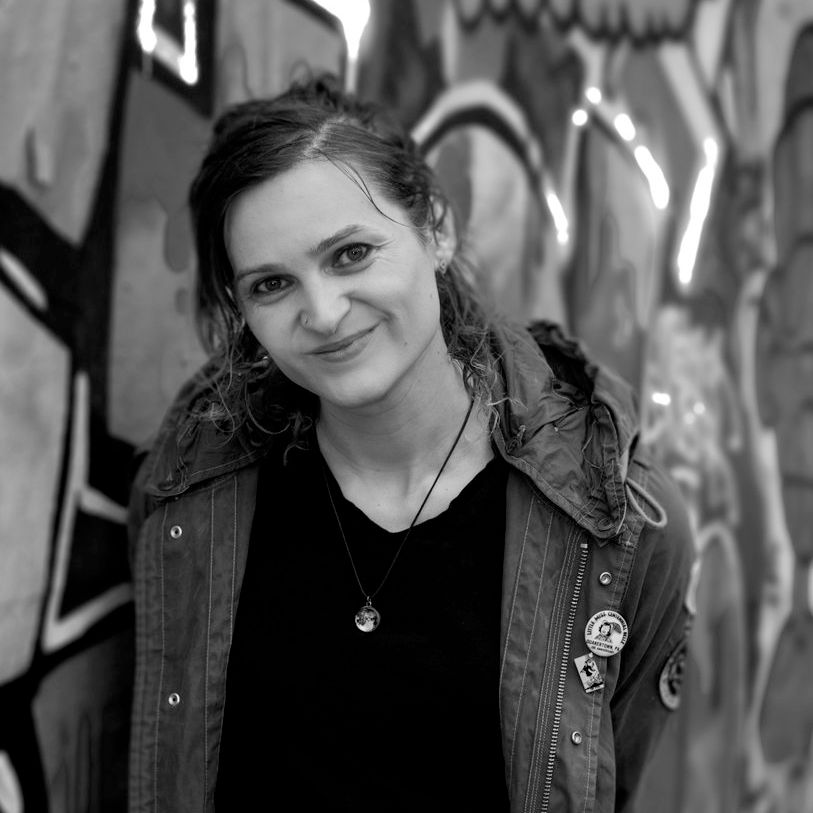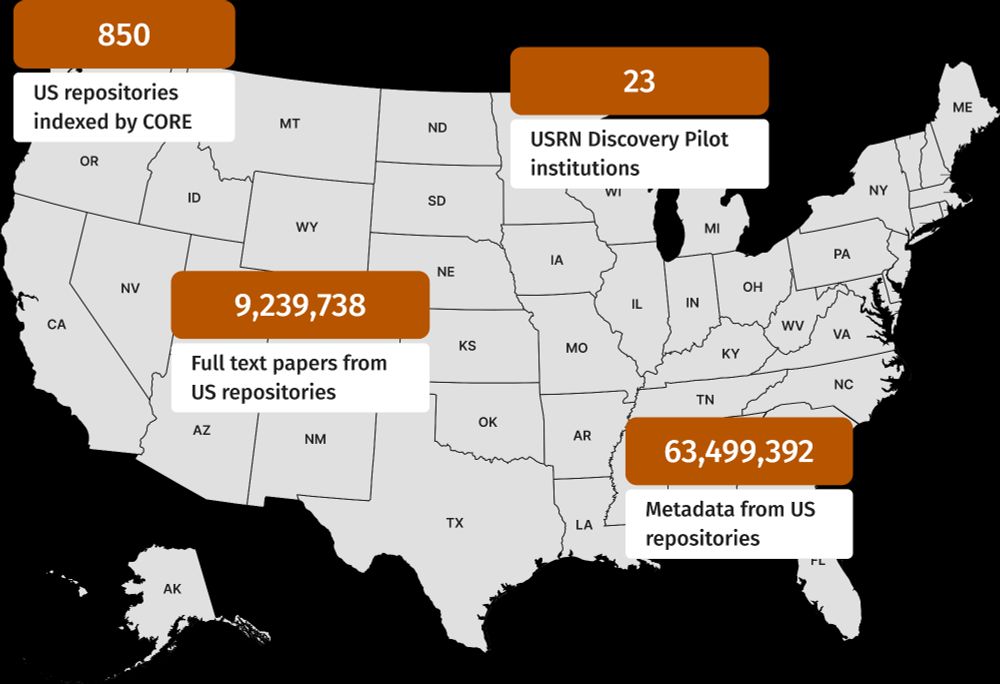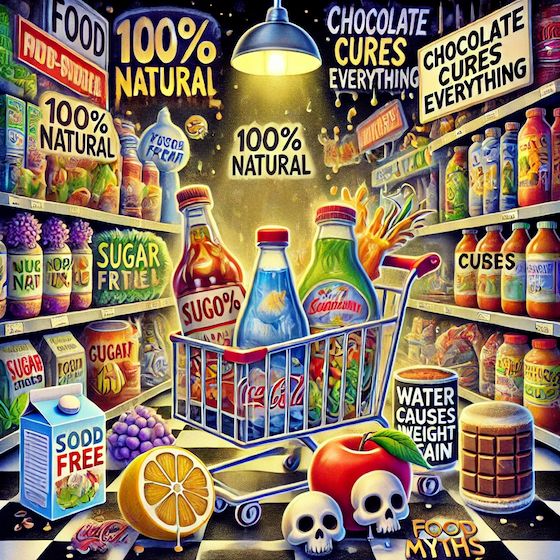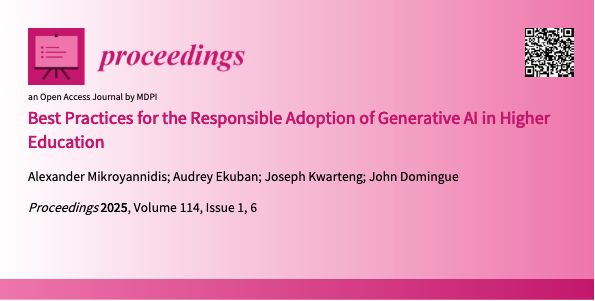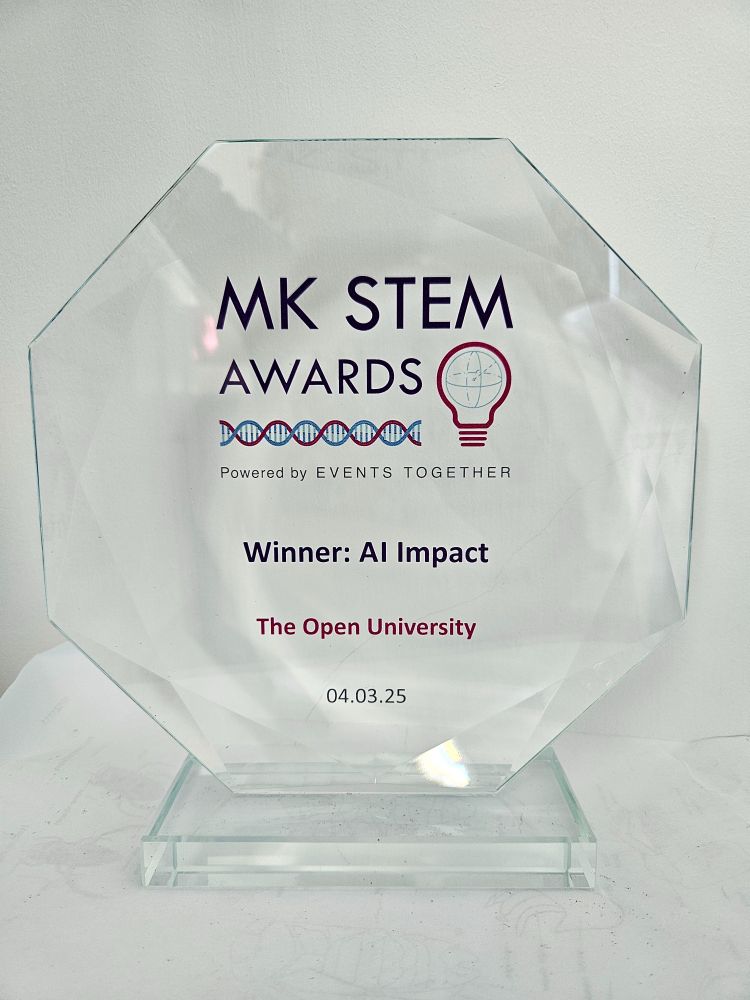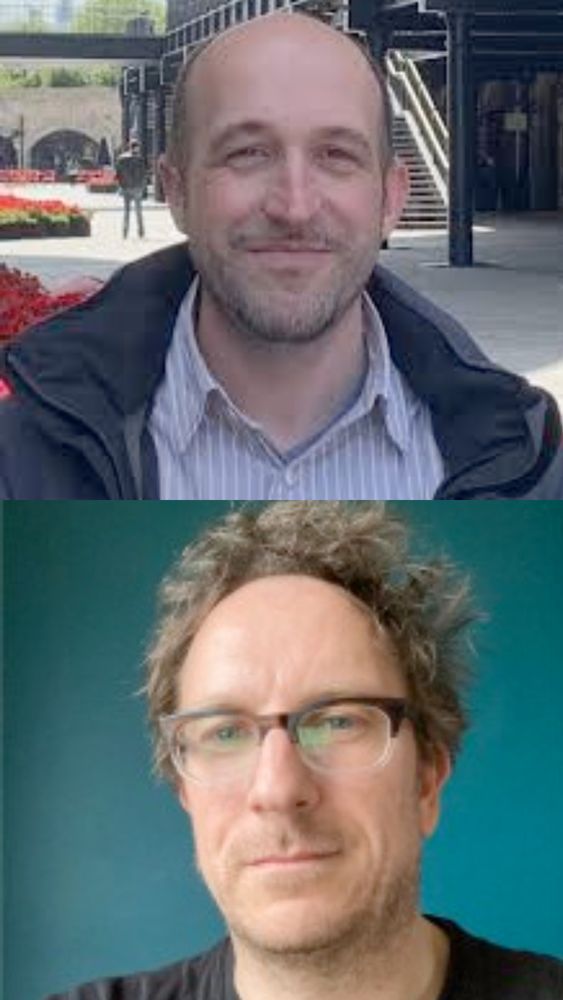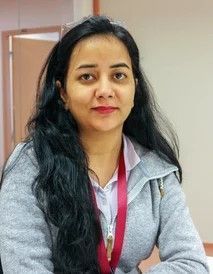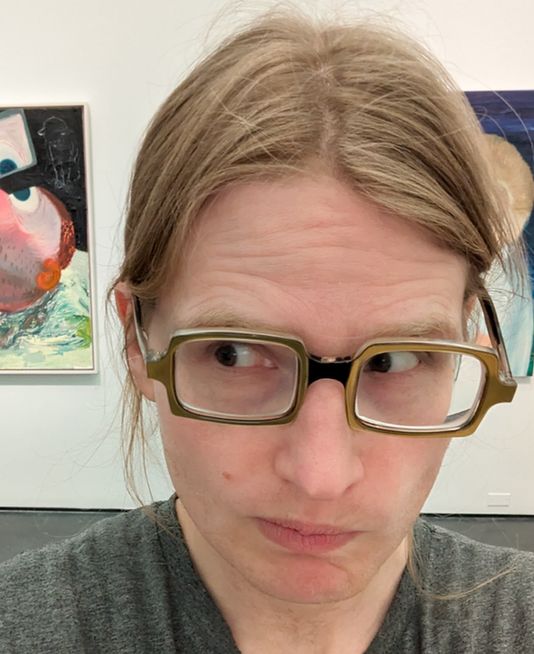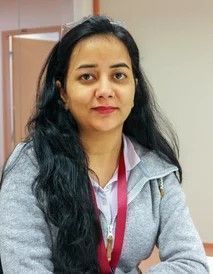Member
Francesco Osborne
Senior Research Fellow
I am Senior Research Fellow at the Knowledge Media institute of the Open University in Milton Keynes, UK, where I lead the Scholarly Knowledge Mining (SKM) team. My research covers Artificial Intelligence, Information Extraction, Knowledge Graphs, Science of Science, Semantic Web, Research Analytics, and Semantic Publishing. I have authored more than a hundred peer-reviewed publications in top journals and conferences in my research areas, including the Semantic Web Journal, Neurocomputing, Future Generation Computer Systems, the International Journal of Human-Computer Studies, ISWC, ESWC, WebConf, JCDL, TPDL, and UMAP. I won several awards, including the Best In-Use Paper Award at the International Semantic Web Conference 2022, the Best Demo Award at the International Semantic Web Conference 2020, and the Semantic Publishing Award at European Semantic Web Conference 2014.
The SKM team aims to produce innovative approaches leveraging large-scale data mining, semantic technologies, machine learning and visual analytics for making sense of scholarly data and forecast research dynamics. We collaborate with several commercial organizations (e.g., Springer Nature, Elsevier, Microsoft, Digital Science, Figshare), non-profit organizations, and universities.
More information about the SKM team at http://skm.kmi.open.ac.uk.
More information about my work at http://people.kmi.open.ac.uk/francesco.
Keys: Semantic Web, Semantic Publishing, Data Mining, User Modelling, Knowledge Extraction, Ontologies, Scholarly Data.
Team: Tanay Aggarwal, Francisco Bolanos Burgos, Massimiliano Fadda, Andrea Ibba, Antonello Meloni, Enrico Motta, Angelo Antonio Salatino
News
03 Dec 2024
18 Nov 2024
20 Sep 2024
12 Jun 2024
26 Mar 2024
Publications
Tsaneva, S., Dessì, D., Osborne, F. and Sabou, M. (2025) Knowledge graph validation by integrating LLMs and human-in-the-loop, Information Processing & Management, 62, Elsevier
Meloni, A., Recupero, D., Osborne, F., Salatino, A., Motta, E., Vahadati, S. and Lehmann, J. (2025) Assessing Large Language Models for SPARQL Query Generation in Scientific Question Answering, ISWC 2024 Special Session on Harmonising Generative AI and Semantic Web Technologies,, Baltimore, Maryland, USA
Salatino, A., Aggarwal, T., Mannocci, A., Osborne, F. and Motta, E. (2025) A Survey on Knowledge Organization Systems of Research Fields: Resources and Challenges, Quantitative Science Studies, pp. (early access), MIT Press
Borrego, A., Dessì, D., Ayala, D., Hernández, I., Osborne, F., Recupero, D., Buscaldi, D., Ruiz, D. and Motta, E. (2025) Research hypothesis generation over scientific knowledge graphs, Knowledge-Based Systems, pp. (Early access), Elsevier
Greco, D., Osborne, F., Pusceddu, S. and Recupero, D. (2025) Modelling big data platforms as knowledge graphs: the data platform shaper, Journal of Big Data, 12, Springer International Publishing














